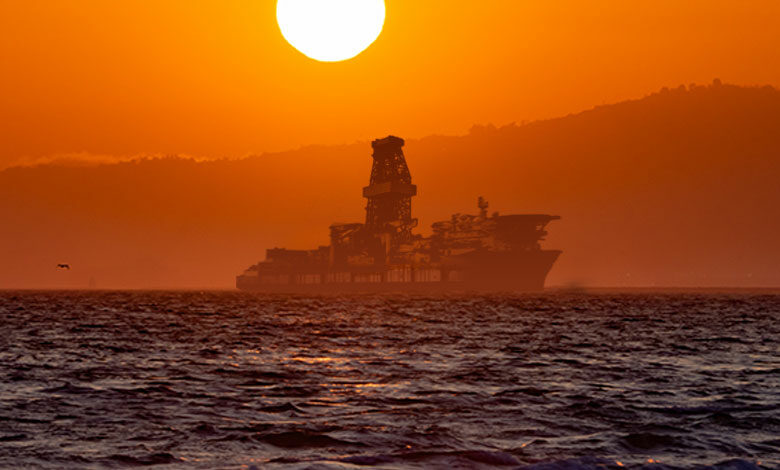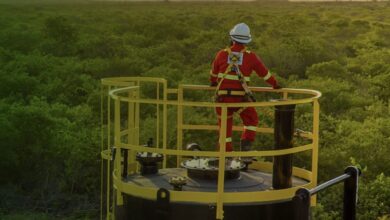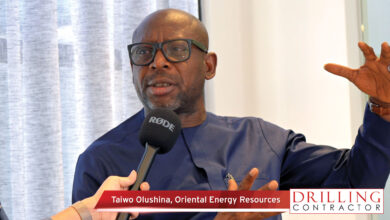Transocean: Rise in long-term campaigns provide optimistic outlook heading into 2024

Transocean noted a net loss of $280 million in Q3 2023, primarily due to lower-than-expected drilling revenues caused by idle time on three ultra-deepwater floaters and four additional rigs undergoing mobilization activities. However, despite this loss, the company still has a positive outlook on the near-term future. In its quarterly earnings call on 31 October, CEO Jeremy Thigpen stressed his belief that the offshore drilling market is in the early stages of a multi-year upcycle.
Q3 2023 marked the sixth straight quarter in which Transocean saw an increase in its backlog. In its 18 October fleet status report, the company reported a $745 million addition in incremental backlog, pushing its total backlog to $94 billion. On 30 August, it announced 21-month contract with ONGC in India for the Deepwater KG1 drillship at a $347,500 dayrate – that program is expected to begin in February 2024. On 14 September, the company announced a three-year contract with Petrobras for the newbuild Deepwater Aquila drillship offshore Brazil at a rate of $448,000/day. Work on that program is expected to start in Q3 2024.
Mr Thigpen noted these contracts as two examples of a growing trend in long-term deals that should drive the company in the next couple of years. As of 31 October, Transocean has 17 rigs contracted for more than 12 months, a 42% increase from its April 2022 numbers. It has 15 rigs contracted for more than 24 months and 13 contracted for more than 36 months, a 150% and 160% increase, respectively, over its totals from April 2022. Around 80% of its current contracted backlog consists of programs of more than a year in duration.
“Our customers are securing rigs for longer and longer durations, and for programs expected to commence well into the future,” Mr Thigpen said in the earnings call. “The number of global floater opportunities continues to expand, reflecting strong demand and further encouraging our view of a longer term sustainability of the cycle.”
Brazil continues to be a source of strong demand for offshore rigs. Mr Thigpen noted that there have been 27 awards made in Brazil over the past year, including nine awards for rigs that were not previously active in the country. He said that more tenders in 2024 should keep all incumbent rigs in the region busy and, pending exploration success, could demand the addition of more rigs from outside the country.
Africa will also be a strong driver of long-term demand. Transocean expects between two and four long-term programs to be tendered in Africa over the next six months, including three from international oil countries. In Angola, Chevron, ExxonMobil and other large operators have a mixture of short and multi-year programs currently expected to start next year. Additionally, Namibia may require more rigs as TotalEnergies has confirmed future development, while Chevron and Shell have programs expected to be awarded in 2024.




